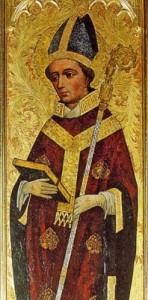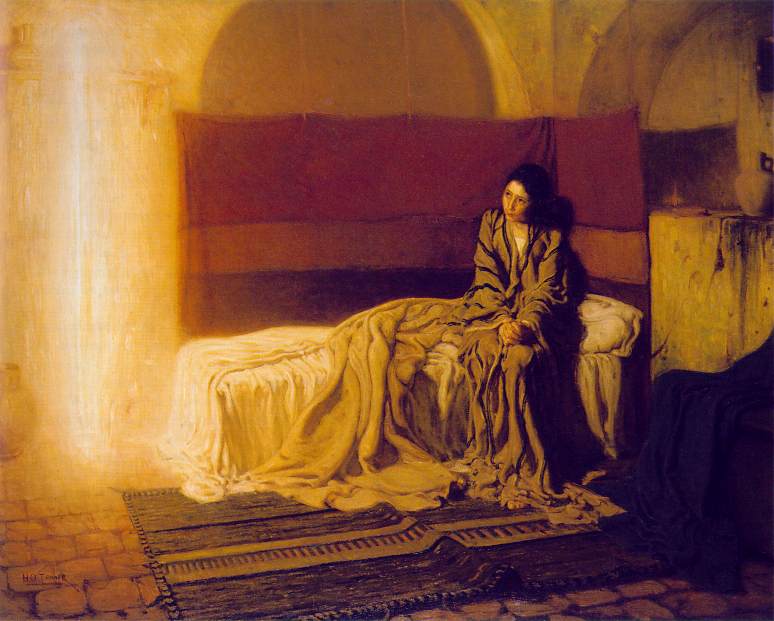Quotes:
“The Greek word Stephen means “crowned” in Latin. In a very beautiful way he anticipated by the portent in his name what he was about to experience in reality—“abjectly stoned but crowned on high.” In Hebrew, however, his name means “your norm.” Whose norm, if not that of the subsequent martyrs, for whom, by being the first to suffer, he became the model of dying for Christ?”
“Before Stephen begins his defense, the Sanhedrin members all looked intently at him, as those in the synagogue had looked at Jesus before his inaugural address in Luke 4:20. Paul uses the same term to refer to the Israelites’ looking at the radiant face of Moses (2 Cor 3:7, 13). Here God’s intervention on Stephen’s behalf is revealed in that his face was like the face of an angel. That is, his face was shining, as angelic “faces” were perceived to be. Stephen’s radiant face recalls Moses after he came down from Mount Sinai (Exod 34:29–30) and Jesus as he spoke with Moses and Elijah at the transfiguration (Luke 9:29–31). As Moses’ face shone after seeing God, Stephen’s face shone on seeing the glorified Son of Man (see Acts 7:55–56).”




